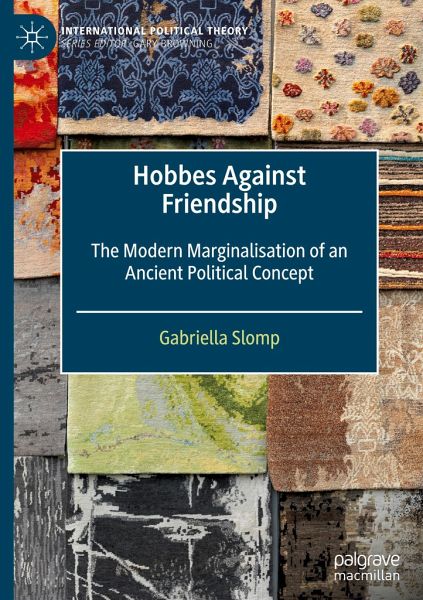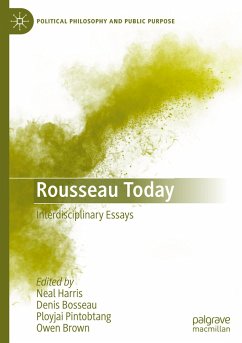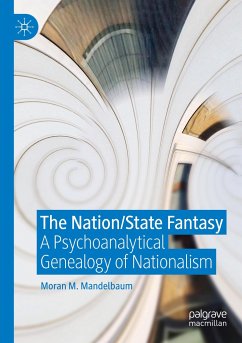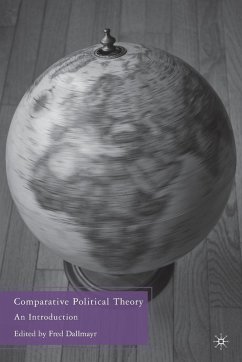
Hobbes Against Friendship
The Modern Marginalisation of an Ancient Political Concept
Versandkostenfrei!
Versandfertig in 6-10 Tagen
91,99 €
inkl. MwSt.
Weitere Ausgaben:

PAYBACK Punkte
46 °P sammeln!
This book explores why and how Thomas Hobbes - the 17th century founder of political science -- contributed to the modern marginalisation of 'friendship', a concept that stood in the foreground of ancient moral and political thought and that is currently undergoing a revival. The study shows that Hobbes did not question the occurrence of friendship; rather, he rejected friendship as an explanatory and normative principle of peace and cooperation. Hobbes's stance was influential because it captured the spirit of modernity- its individualism, nominalism, practical scepticism, and materialism. Ho...
This book explores why and how Thomas Hobbes - the 17th century founder of political science -- contributed to the modern marginalisation of 'friendship', a concept that stood in the foreground of ancient moral and political thought and that is currently undergoing a revival. The study shows that Hobbes did not question the occurrence of friendship; rather, he rejected friendship as an explanatory and normative principle of peace and cooperation. Hobbes's stance was influential because it captured the spirit of modernity- its individualism, nominalism, practical scepticism, and materialism. Hobbes's legacy has a bearing on contemporary debates about civic, international and global friendship.














